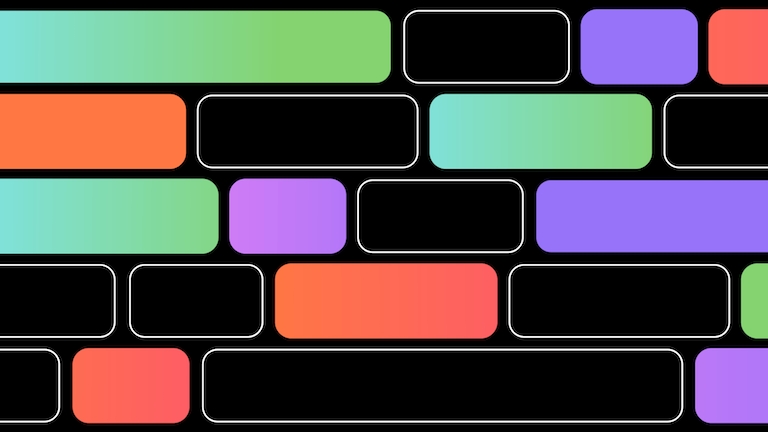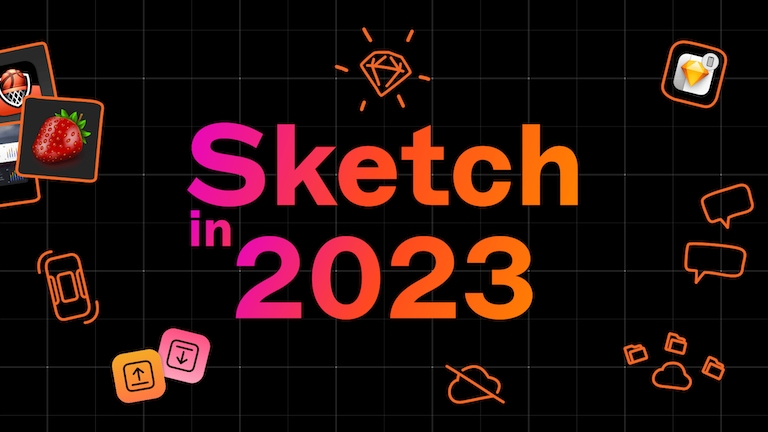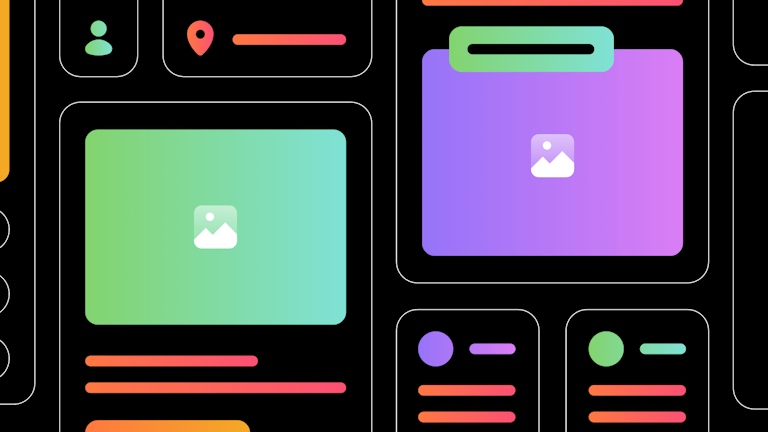
Our plans for Cloud in 2020
Here’s how we’re making Cloud the best place for collaboration — for solo designers and growing teams—in 2020 and beyond.
Sketch may have started life as a Mac app, but it has evolved to combine the best of native macOS technologies with browser-based collaboration tools that help over one million people to design better products.
We’ve been hard at work making our Cloud platform the best place for collaboration, whether you’re a solo designer or a growing team. Last month, we officially took Teams out of beta and brought free developer handoff to Sketch with Cloud Inspector. And with Sketch 63, we made saving documents to Cloud even faster.
Since we launched the Teams beta, we’ve heard from lots of you about your experiences using Cloud — from pain points, to features you wish existed. And we’ve been bringing that feedback into our roadmap. In this post, we thought we’d share some of our plans for Cloud in 2020 and beyond.
A faster, smarter place to collaborate
We’ve already kicked off the year by making Cloud a faster, smarter place to collaborate. When Cloud first launched, it was a simple way to share previews of your designs in the browser. When you uploaded a document to Cloud, the Mac app would send a set of static images to Cloud to display.
Now, things are a little different. From Sketch 63 onwards, we’re letting our servers do all the hard work of processing your document for Cloud instead of your Mac, making uploads much faster. On top of this, the processing work we do on our servers means we can do smarter things with your Sketch file — like allowing developers to inspect them.
Cloud Inspector launched in beta in January and brought free developer handoff to Cloud. And we’re already working on a round of exciting updates for it — like the ability to export production-ready assets in a single click, view Symbols and overrides, and export code in different languages.
Easier ways to share work and get feedback
With Teams, we introduced a Cloud workspace where every document is shared with your whole team by default. But we’ve heard from many of you who want more control over sharing documents and projects, as well as bringing in guests. This year, we’ll introduce more granular sharing controls and permissions, like disabling sharing for people outside your organization.
And because sharing designs always leads to more feedback, we’re making commenting clearer and more context-aware. You’ll be able to click on any part of a design in the browser and leave a comment in the spot that makes most sense. When someone replies to your feedback, we’ll automatically thread and group comments to keep the conversation flowing.
Better versioning and permissions
Whether you’re working on your own, or as part of a large team, version control is always a challenge. Cloud comes with a full version history for every document, so you can quickly browse back through changes and even download older iterations.
We think we can do even better, though, so this year we’ll be making changes between versions more visual. We’ll also allow you set permissions for new versions, too. So, for example, you can choose who needs to approve a new version before anyone else in your workspace can see or download it.
And finally — a new home for design systems
We’re proud to have been a part of the conversation around design systems from the very beginning. But we also know that design systems are much more than just a Sketch Library. Symbols and Libraries are a great starting point, but for a design system to be truly successful, it needs to translate well into code, with guidelines that make it easy to apply across an entire product or brand. So this year, we’ll be bringing design systems to life, with much more detail, in Cloud.
Your design system might start with a Sketch Library, but with Cloud, we’ll give you ways to make it more dynamic and useful to everyone in your team. As well as being able to present individual components alongside usage guidelines and information, you’ll be able to link them up with code that helps developers easily implement them across your product.
Whether you’re using Cloud as a solo designer, or you’re part of a larger team, our goal is to make it the best place to share work and collaborate. The plans we’ve shared here are just the tip of the iceberg and there’s plenty more to come.


